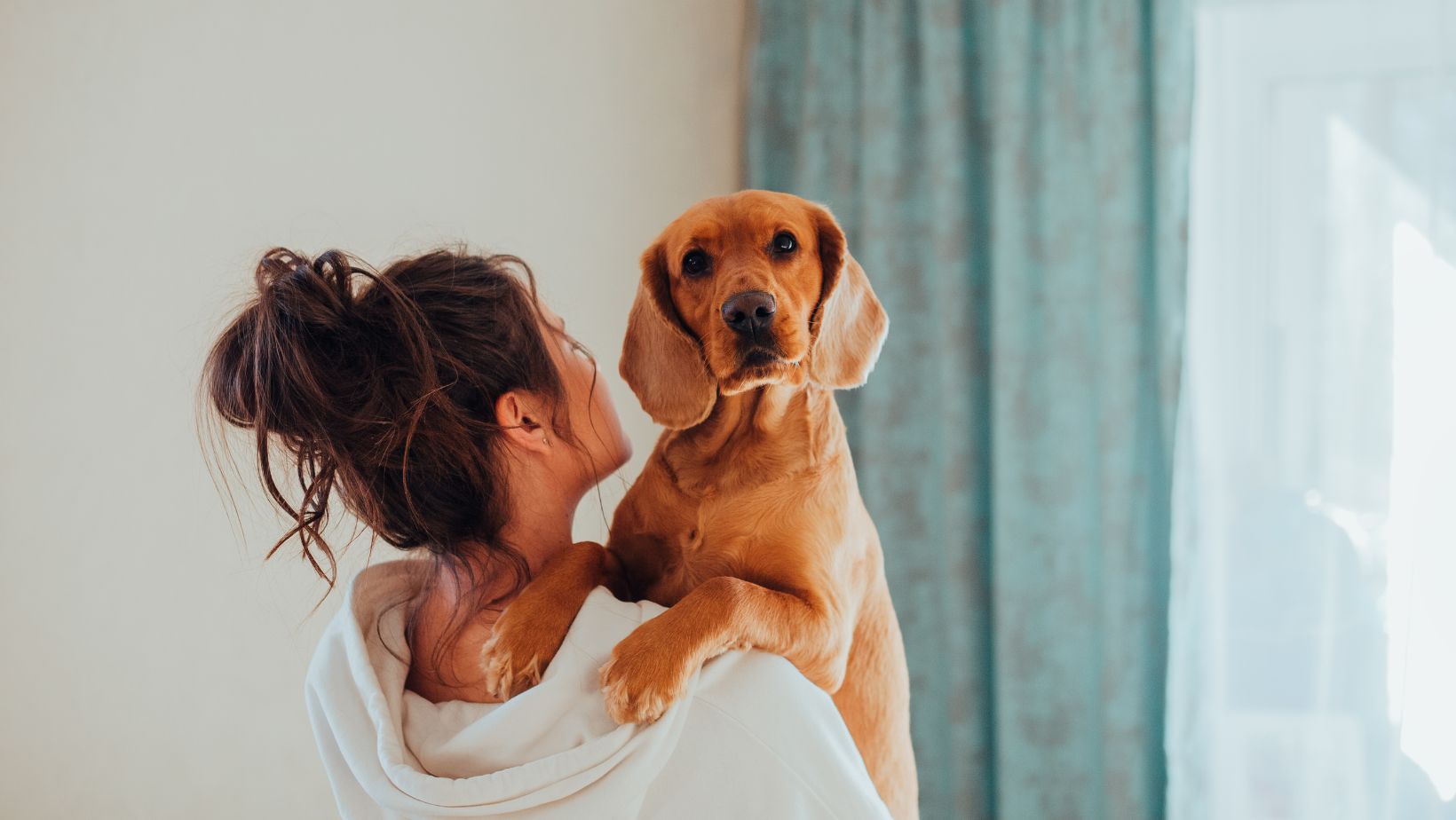How to Get Dog to Stop Barking When i Leave
Are you a dog owner who is struggling with your Labrador barking incessantly when you leave the house? I know how frustrating it can be to deal with this behaviour, but there are effective strategies to help you address and resolve the issue. In this article, I’ll share some valuable tips on how to get your dog to stop barking when you leave, so you can enjoy a peaceful departure without worrying about your furry friend causing a disturbance.
First and foremost, it’s essential to understand that excessive barking is often a sign of separation anxiety in dogs. To tackle this problem, it’s important to gradually desensitise your Labrador to your departures. Start by practising short absences and gradually increase the duration over time. This will help your dog become more comfortable being alone and reduce their need to vocalise their distress.
Another helpful technique is providing mental stimulation for your pup before leaving. Engaging them in activities like puzzle toys or obedience training sessions not only helps tire them out physically but also keeps their mind occupied during your absence. A tired and mentally stimulated dog is less likely to engage in excessive barking.
Lastly, consider creating a calm and soothing environment for your Labrador when you’re away. You can achieve this by leaving them with comforting items such as an old shirt that carries your scent or playing relaxing music specifically designed for dogs. These elements can help create a sense of security and reduce anxiety levels, ultimately reducing the urge to bark excessively.
By implementing these strategies consistently and patiently, you can train your Labrador to feel more at ease when left alone and minimise their barking behaviour. Remember that every dog is unique, so it may take some trial-and-error to find what works best for yours. With time and dedication, both you and your furry companion can enjoy peace of mind during departures.
Understanding the Reasons Behind Your Dog’s Barking
When it comes to dealing with a barking dog, it’s important to understand the reasons behind their behaviour. This knowledge will help you address the issue effectively and find a solution that works for both you and your furry friend.
- Separation Anxiety: One common reason why dogs bark when their owners leave is separation anxiety. Dogs are social animals and can become distressed when left alone. If your Labrador exhibits signs of anxiety such as destructive behaviour or excessive barking whenever you’re about to leave, it’s likely they are struggling with separation anxiety.
- Territorial Behaviour: Dogs have a natural instinct to protect their territory, which includes your home. When they perceive someone approaching or hear noises while you’re away, they may bark as a way to defend their space. This territorial behaviour can be especially prevalent in certain breeds like Labradors who have a strong guarding instinct.
- Boredom or Lack of Stimulation: Dogs are active creatures that thrive on mental and physical stimulation. If your dog doesn’t receive enough exercise or mental engagement throughout the day, they may resort to barking out of boredom or frustration when left alone for an extended period.
- Lack of Training: A lack of proper training can also contribute to excessive barking when you leave. Without clear boundaries and commands from their owner, dogs may not understand how to behave appropriately in different situations, leading to excessive vocalisation as a means of communication.
To address these underlying causes and help your Labrador stop barking when you leave, here are some tips:
- Gradually introduce them to longer periods of alone time.
- Provide plenty of physical exercise and mental stimulation through interactive toys or puzzles.
- Consider crate training as it provides security for some dogs.
- Use positive reinforcement techniques during training sessions.
- Seek professional help if needed from a certified dog trainer or behaviourist.
Understanding the reasons behind your dog’s barking is the first step towards finding a solution. By addressing their needs and providing appropriate training, you can help your Labrador become more comfortable when left alone and reduce excessive barking. Remember to be patient and consistent in your approach to achieve the best results.
